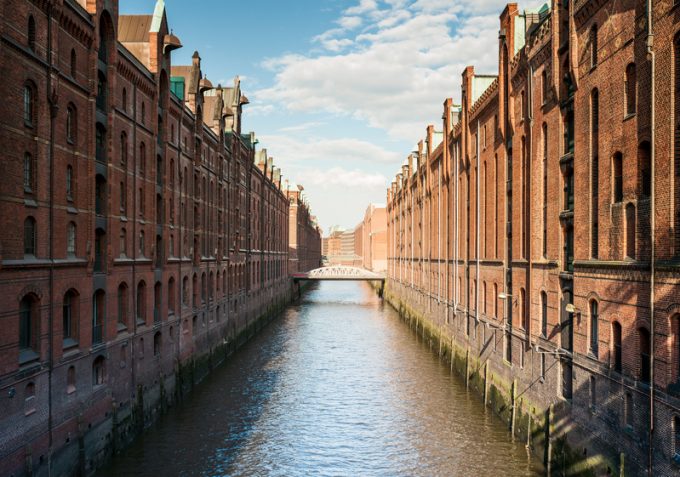US shippers turn up the heat on government over 'punitive' D&D fees
US agricultural shippers have appealed to the US government to act to stop the “unconscionable ...
WTC: RIDE THE WAVEFDX: TOP EXEC OUTPEP: TOP PERFORMER KO: STEADY YIELD AND KEY APPOINTMENTAAPL: SUPPLIER IPOCHRW: SLIGHTLY DOWNBEAT BUT UPSIDE REMAINSDHL: TOP PRIORITIESDHL: SPECULATIVE OCEAN TRADEDHL: CFO REMARKSPLD: BEATING ESTIMATESPLD: TRADING UPDATEBA: TRUMP TRADE
WTC: RIDE THE WAVEFDX: TOP EXEC OUTPEP: TOP PERFORMER KO: STEADY YIELD AND KEY APPOINTMENTAAPL: SUPPLIER IPOCHRW: SLIGHTLY DOWNBEAT BUT UPSIDE REMAINSDHL: TOP PRIORITIESDHL: SPECULATIVE OCEAN TRADEDHL: CFO REMARKSPLD: BEATING ESTIMATESPLD: TRADING UPDATEBA: TRUMP TRADE

We’re a sucker for a good headline at The Loadstar – and today’s blog from the OECD’s ports and shipping expert Olaf Merk has a great one. Mr Merk has caught the industry’s attention in recent years with some insightful analysis of some of the key trends, and this post is no exception: how changing social attitudes could have a very real effect on international trade; people who demand and can pay for locally sourced food and clean energy in a world in which such pillars of trade as car sales are likely to plateau and then decline will ultimately transform the very raison d’etre of the ports and shipping industry. “We might be heading for a future with less maritime trade in coal, oil, cars, food and possibly consumer goods; a future in which sustaining port activity is not self-evident and maritime transport likely more expensive.”


Comment on this article